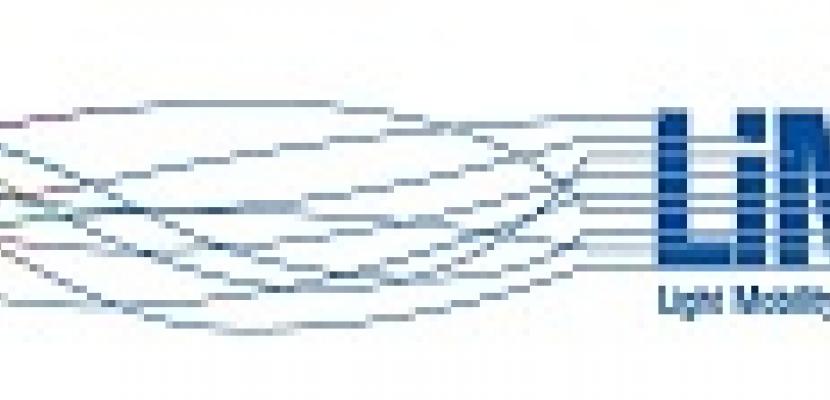Image

Limit4WeDA - Light Mobility for Weak Demand Areas
Published on 29 January 2018

Italy
Abruzzo
This is the good practice's implementation level. It can be national, regional or local.
About this good practice
LIMIT4WeDA aims to enhance, support and integrate local public transport making it more flexible and less expensive, in urban and rural areas affected by the weak demand for transport. Such urban or rural areas are generally characterized by inefficient public transport systems and consequently a widespread use of the private car. This reduces the territorial accessibility of these areas while perpetrating a not sustainable mobility system, which discriminates people.
LIMIT4WeDA demonstrated its success implementing in Perugia (IT) a pilot action for a new public transport system ).through which a weak-demand service became a performing and sustainable transport service which improved the quality of life, particularly, for disadvantaged people. No fixed timetable nor fixed paths are needed for this new public transport system. Users book the service through a call center by freely choosing the place and time of departure/arrival, thanks to software managed by the operator of the call center sending messages to a terminal onboard the bus. Two kinds of booking are possible: – an “early” booking to book the bus in advance and a “real time” booking to book the next bus arriving.
Beneficiaries are disadvantaged people living in rural and urban areas with low population density, economically needy people and people with disabilities, public administrations at local/regional level, Politicians/ decision makers at national/EU level.
LIMIT4WeDA demonstrated its success implementing in Perugia (IT) a pilot action for a new public transport system ).through which a weak-demand service became a performing and sustainable transport service which improved the quality of life, particularly, for disadvantaged people. No fixed timetable nor fixed paths are needed for this new public transport system. Users book the service through a call center by freely choosing the place and time of departure/arrival, thanks to software managed by the operator of the call center sending messages to a terminal onboard the bus. Two kinds of booking are possible: – an “early” booking to book the bus in advance and a “real time” booking to book the next bus arriving.
Beneficiaries are disadvantaged people living in rural and urban areas with low population density, economically needy people and people with disabilities, public administrations at local/regional level, Politicians/ decision makers at national/EU level.
Expert opinion
This pilot for an on-demand bus service for scarcely populated rural areas allows savings for the public transport operator while improving the service for users.
Such schemes based on a business model innovation emerge currently in several regions, see also Tele Bus (https://www.interregeurope.eu/policylearning/good-practices/item/132/tele-bus/ ).
The schemes rely on ICT and smartphones.
Such schemes based on a business model innovation emerge currently in several regions, see also Tele Bus (https://www.interregeurope.eu/policylearning/good-practices/item/132/tele-bus/ ).
The schemes rely on ICT and smartphones.
Works at
Interreg Europe Policy Learning Platform
Resources needed
Pilot action operated by 4 low-floor minibusses. The cost per year was approx. 400,000€. The cost advantage compared to the replaced traditional bus service was approx. 40,000 € per year. Still, the fares are kept on the level of normal bus line services.
Evidence of success
The innovative on-demand bus service operated by the City of Perugia (Italy) to ensure accessibility to disadvantaged people and to reduce the pressure of motorized traffic in the urban areas as well as the costs of the service (-30% of costs compared with the traditional on-demand system with fixed stops). The success was demonstrated also by the number of passengers per kilometer which doubled from 1.76 to 2.93. In addition, the cost per kilometer was reduced from 2.03 to 1.59.
Potential for learning or transfer
The main objectives for the transfer of this good practice are: the reduction of the movement of people by enhancing the accessibility to transport services and using the new technologies the use of collective transport by the implementation of self-organized services able to achieve economies of scale, suited to the specific needs of the territory, more efficient, more flexible, and less expensive; the reduction of the environmental impact of the transport systems (by rail-road intermodality); the organization of alternative transport modes with flexible routes able to provide efficient and sustainable services both economically and environmentally (on-demand transport, car sharing, etc.). LIMIT4WEDA offered guidelines for the implementation of innovative mobility; a benchmark of success cases; a document about the state of the art on technologies for mobility solutions; a document on Legal framework and business models.
Further information
Website
Good practice owner
You can contact the good practice owner below for more detailed information.
Organisation
Lazio Region

Italy
Abruzzo
Contact
EU Project Manager
